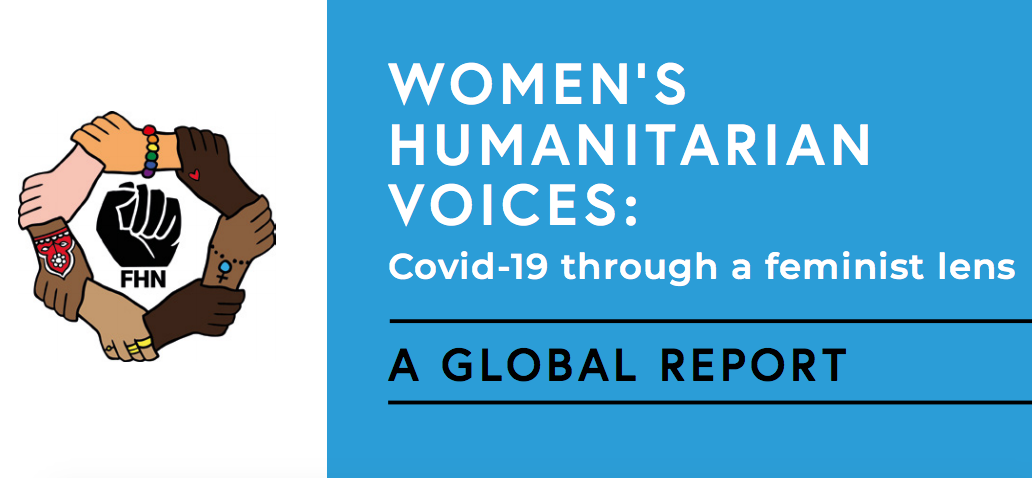Grant-giving charities see requests for support rise 122% during pandemic
Grant-giving charities have seen applications for financial and non-financial support more than double since lockdown began, according to the Association of Charitable Organisations (ACO).
Its figures show that applications for support have increased by 122% since lockdown began on 23 March compared to the same period in 2019, with charities supporting individuals and families struggling financially throughout the pandemic by offering non-repayable grants to cover the costs of daily essentials, such as food, and helping pay for bills, household equipment and repairs, and rent arrears.
Applications for grants have also included requests for help with childcare as schools closed, and study equipment, including laptops, internet access and computers. Several charities including supermarket employees’ charity GroceryAid have also launched a Schools Essentials Grant this year to help with the costs associated with returning to school in September, including school uniforms.
As well as money, grant-giving charities have also been offering mental health and wellbeing services, counselling and advice services, and distributing food vouchers.
The Licensed Trade Charity, which provides support to those that work in pubs, bars and breweries, has provided food vouchers to 2,469 individuals.
Carolyn Jenkinson, its Head of Charity Services, said:
“We started planning early so that we were able to respond to the changing and increasing demand for our support and we put measures in place to scale up our delivery. We have good relationships with licensed trade operators and spoke to them early to offer our services to put in place and deliver support funds for their people. Through those projects and an increase in our usual applications we have delivered almost £1m of support in the form of shopping vouchers to help licensed trade people get through one of the most difficult times our industry has ever faced.”
53% of ACO charities have now set up an emergency Covid-19 fund to specifically help those suffering financially as a result of the pandemic, with 87% of the ACO’s member charities also anticipating a further increase in applications for support once the government’s furlough scheme ends.
ACO has now launched a new campaign, ‘Here to Help’, which aims to raise awareness of the assistance grant-giving charities can provide to those that have lost their jobs or are struggling due to Covid-19, and to reach key organisations that work closely with the public, including Citizens Advice, food banks and Job Centres.
As part of the campaign, the ACO has produced a short guide to financial support from grant-giving charities to inform individuals about the services available and how to find help.
Donal Watkin, ACO Chief Executive, said:
Advertisement
“With most of our member charities seeing an increased demand for support as a result of this pandemic, we believe it is vital we reach out to members of the public that could be suffering at this time to let them know there are charities here and ready to help.
“As we unfortunately anticipate further redundancies as the government’s Job Retention Scheme comes to an end, we urge members of the public and those working closely with them to think about whether a grant-giving charity could help. People know the big-name charities, but often do not realise there are hundreds of charities out there that could offer assistance.
“There are charities that help people, and their families, that have ever had a certain job, that help people living in a certain region of the UK or those that will help you if you fall into a certain group in society – such as being a women, older person or child. Many do not know that retail staff, construction workers, carers, hospitality staff, nurses and virtually any occupation you can think of all have their own charity providing support to those that have fallen on difficult times. We seek to change this.”
The research results are based on a survey carried out by the ACO in July with 30 respondents across its 120-strong membership base.




